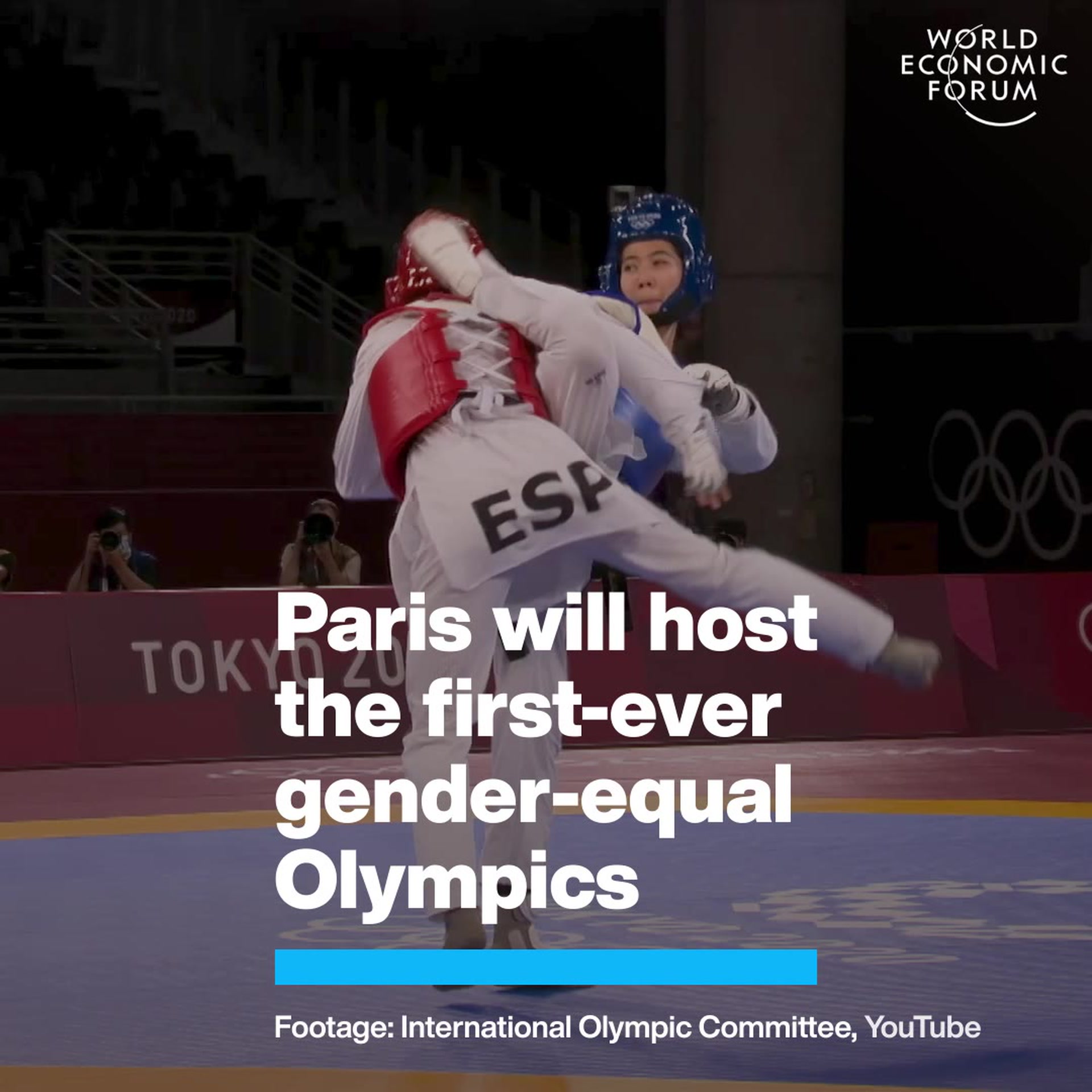Mark Zuckerberg says the world is much more divided than he ever expected

Mark Zuckerberg expresses his fears over the misinformation spread on Facebook. Image: REUTERS/Carlos Garcia Rawlins

Get involved with our crowdsourced digital platform to deliver impact at scale
Stay up to date:
Media, Entertainment and Sport
Amid a growing backlash over how big tech companies are impacting society, Facebook CEO Mark Zuckerberg said the world is more divided than he ever anticipated.
"We've been focused on making the world more open and connected," Zuckerberg said on a recent episode of the 'Freakonomics Radio' podcast. "And I always thought that that would be enough to solve a lot of problems by itself."
Zuckerberg told the show's host, Stephen Dubner, that "the world is today more divided than I would have expected for the level of openness and connection that we have today."
Facebook has come under fire from people in and outside of the tech world due to issues of tech addiction and the platform's role in spreading misinformation during the contentious 2016 election. Since then, the social network has instituted a series of changes to its news feed that have actually reduced the total time users spend on the site by up to 50 million hours per day.
Zuckerberg told Dubner that Facebook, in his view, has a responsibility to work on connecting people across ideological divides. He said that while he believes most people mean to do well by each other, "confronting truths or perspectives that don't fit with ours" can cause people to lash out.
In Zuckerberg's view, social networks like Facebook should provide a productive starting point for discussion by helping people bond over things they have in common.
There are " lots of different issues and things that help bind people together," Zuckerberg said, including a well-functioning economy and the jobs it provides. To help boost economic opportunity around the world, he said, Facebook is working to spread the internet — and the opportunity for new jobs and connections it brings — to underserved communities. Of course, that would also lead to more new Facebook users.
The interview is part of a six-part series called the 'Secret Life of CEOs' on 'Freakonomics Radio.'
Don't miss any update on this topic
Create a free account and access your personalized content collection with our latest publications and analyses.
License and Republishing
World Economic Forum articles may be republished in accordance with the Creative Commons Attribution-NonCommercial-NoDerivatives 4.0 International Public License, and in accordance with our Terms of Use.
The views expressed in this article are those of the author alone and not the World Economic Forum.
The Agenda Weekly
A weekly update of the most important issues driving the global agenda
You can unsubscribe at any time using the link in our emails. For more details, review our privacy policy.
More on Media, Entertainment and SportSee all
Victoria Masterson
April 5, 2024
Jesus Serrano
March 7, 2024
John Letzing
March 5, 2024
Spencer Feingold
March 4, 2024






